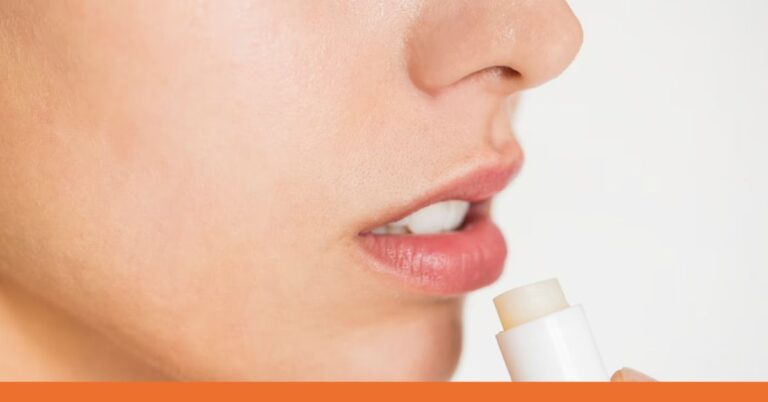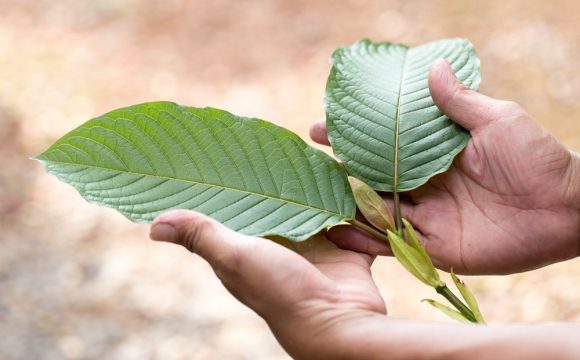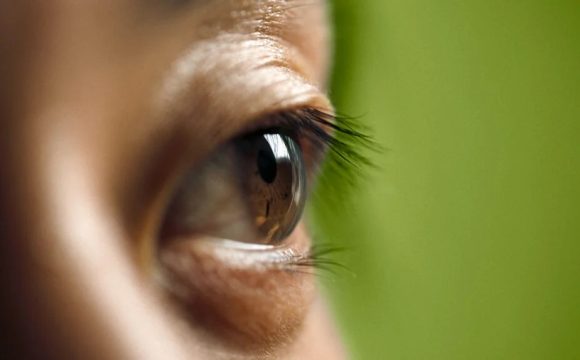Cold sores, also known as fever blisters, are a common viral infection. These small, fluid-filled blisters usually form on the lips or around the mouth. Cold sores are caused by the herpes simplex virus (HSV), and they are contagious even if you can’t see them. While there is no cure for HSV, cold sores often clear up without treatment within two to four weeks.
Causes and Triggers:
HSV-1 usually causes cold sores. The virus spreads through close personal contact, such as kissing. It can also spread through sharing utensils, razors, towels, or other personal items. Once infected, the virus remains in the body, and certain triggers can cause it to become active again. These triggers include stress, sunburn, fever, hormonal changes, and weakened immune function.
Symptoms:
The initial infection may cause painful sores, fever, a sore throat, and swollen lymph nodes. After this first episode, the virus moves to the nerve cells, where it remains dormant until triggered. Recurrent outbreaks are usually less severe and include tingling, itching, and burning sensations around the mouth before the sores appear.
Treatment and Management:
There’s no cure for cold sores, but treatment can help manage the symptoms. Antiviral medications can speed up healing, and over-the-counter pain relievers and topical creams can ease discomfort. Keeping the affected area clean and avoiding acidic or spicy foods can also help. It’s important not to touch cold sores to prevent spreading the virus.
Prevention:
To prevent the spread of HSV, avoid close contact with others when sores are present. Do not share items that come into contact with your mouth, and wash your hands frequently. Using sunscreen on your lips can also help prevent sun-induced recurrences.
Lifestyle Adjustments and Home Remedies:
Adapting certain lifestyle habits can help in managing cold sore outbreaks. Stress management techniques such as yoga or meditation can reduce the frequency of outbreaks. Home remedies, including applying a cold compress, can provide relief from pain and swelling associated with cold sores.
Nutrition and Immune System Support:
A balanced diet rich in vitamins and minerals can bolster the immune system, potentially reducing the occurrence of cold sores. Foods high in lysine, like fish and yogurt, are believed to counteract the virus’s replication.
Long-Term Health Considerations:
For individuals who experience frequent cold sore outbreaks, long-term antiviral therapy may be considered. It’s also important to be aware of the potential complications, particularly in people with weakened immune systems, and to maintain regular consultations with healthcare providers for ongoing management.
Myths and Misconceptions:
There are many myths surrounding cold sores that can lead to misinformation and stigma. Understanding that cold sores are a common and manageable condition can help reduce unnecessary anxiety and improve social awareness about the infection.
Cold Sores in Children:
Children can also get cold sores, and their first infection may be more severe. Parents should be aware of the symptoms and seek medical advice for treatment options. Educating children on hygiene practices can help prevent the spread of the virus.
When to See a Doctor:
Consult a healthcare provider if you have a weak immune system, if the sores don’t heal within two weeks, or if symptoms are severe. It’s also important to seek medical advice for frequent outbreaks to explore possible underlying causes.
In conclusion, cold sores are a common condition caused by the herpes simplex virus. Understanding the triggers, symptoms, and treatments can help manage this condition effectively. While they can be bothersome, cold sores are typically a minor irritation that can be treated with proper care and precautions.








